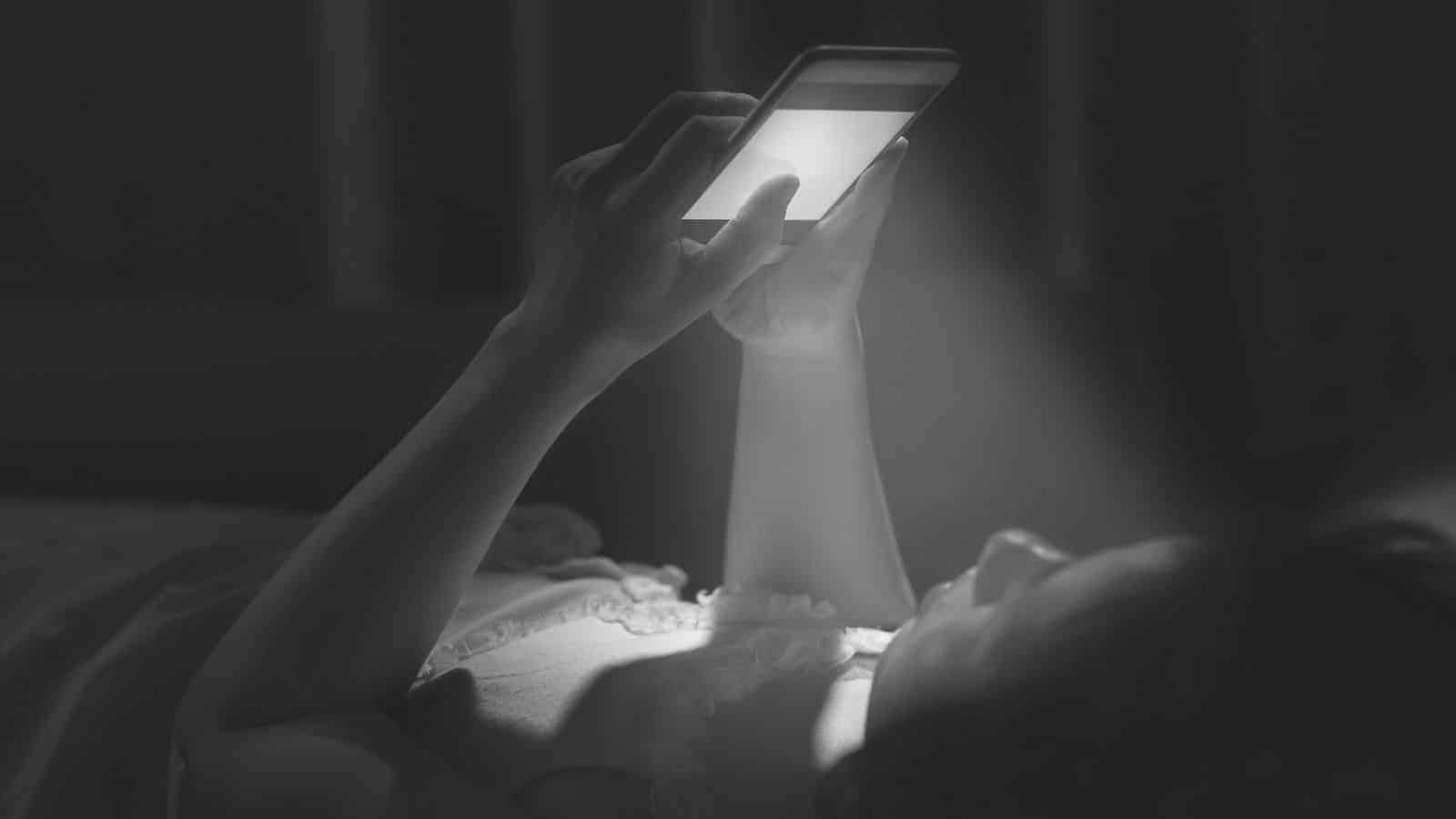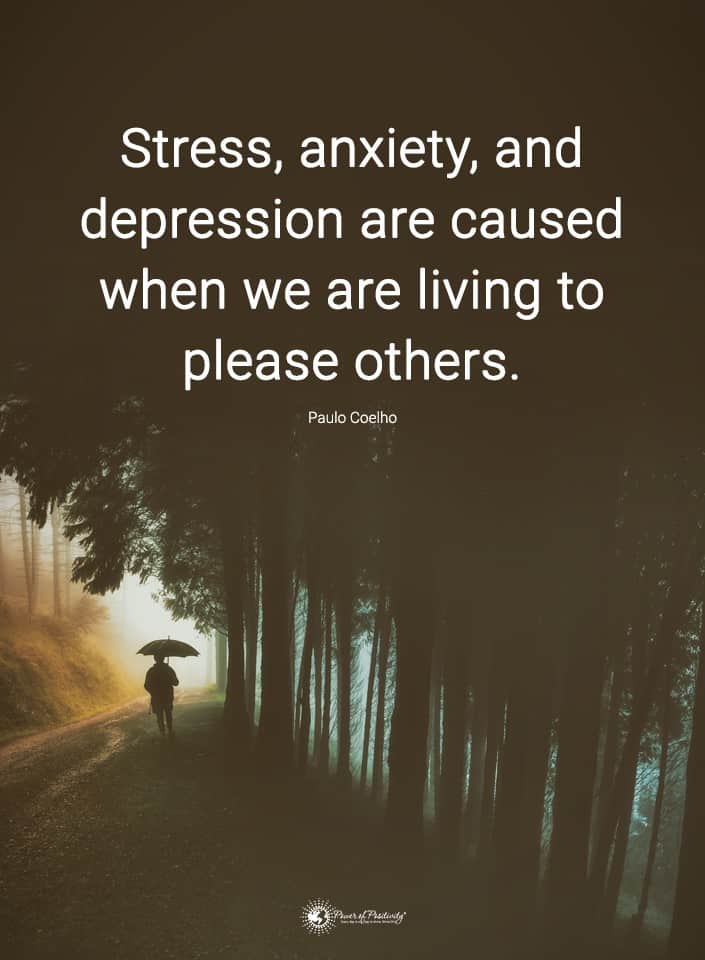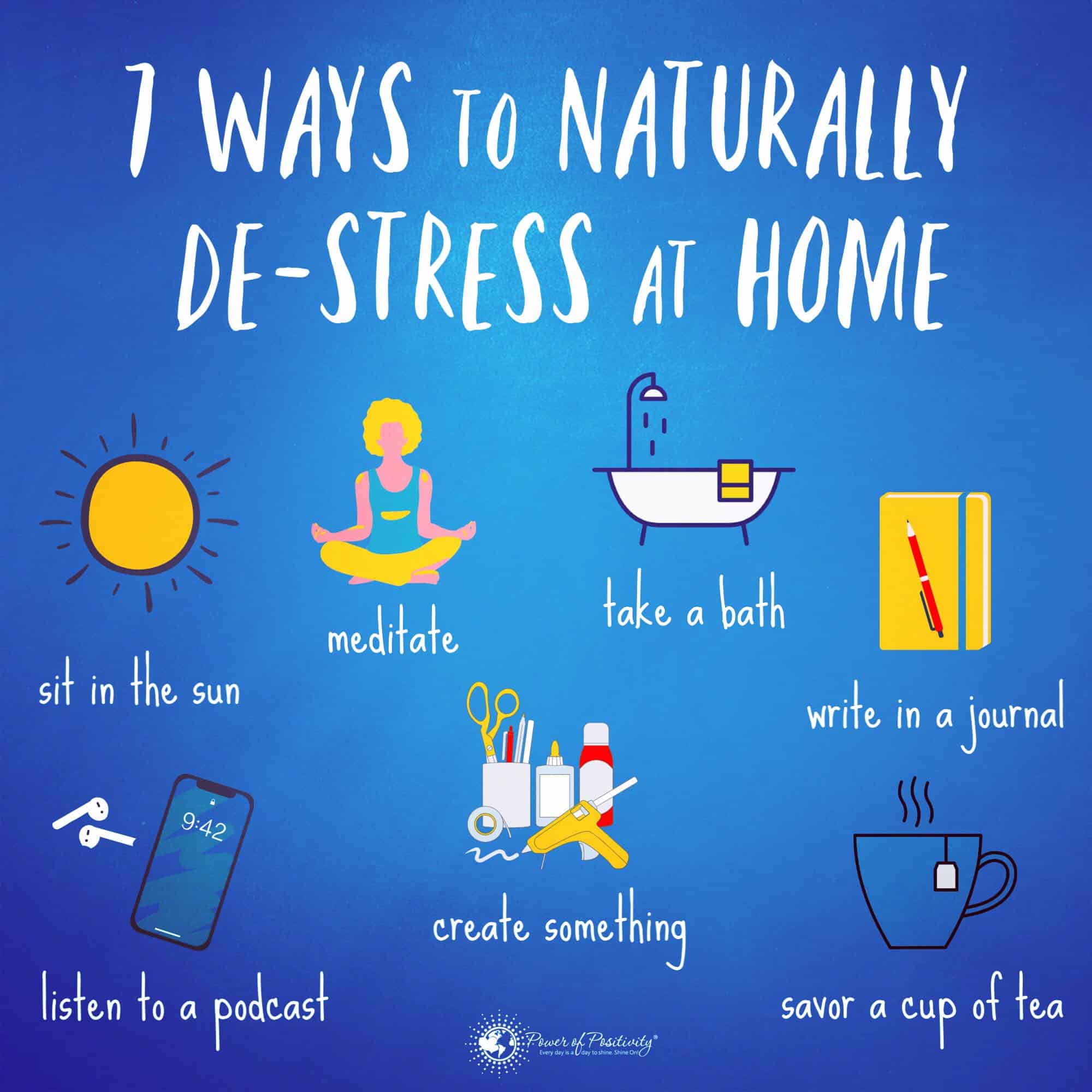You already know that everyone needs sleep, but the quality of sleep matters just as much as the amount of sleep. This is why adequate sleep hygiene is essential. It ensures that the sleep you get counts as much as possible.
If you find yourself drinking pot after pot of coffee or taking energy supplements to beat daytime fatigue, you may need to evaluate your sleep quality. You’d be surprised at how a small change can make a big difference in your energy levels and your health.
What Happens When You Have Consistently Bad Sleep Hygiene
The effects of not getting enough sleep, or rather, enough quality sleep, can be dramatic. Research shows that lack of proper sleep can result in:
- Obesity
- Compromised immune system
- Cardiovascular problems
- Diabetes
- Increased risk of colorectal cancer
- Impaired thinking
- Mood swings
- Depression
- Memory loss
- Premature brain aging
- Death
As you can see, although some effects are worse than others, none of them are desirable. A lack of sleep can severely impact your life. With that being said, keep reading for ten tips that will give you better sleep.
10 Tips to Improve Sleep Hygiene and Beat Daytime Fatigue
Are you ready for some better sleep? Read on for relief.
1. Set a regular sleep schedule.
The human body is on a circadian rhythm. This is an internal, 24-hour clock that, when functioning correctly, cues specific processes in the brain at certain times of the day. The circadian rhythm controls the wake-sleep cycle and is extremely sensitive to light, which is why people get sleepy when the sun goes down.
This clock needs to remain balanced for your health, so it’s essential to have a regular sleep schedule. Try to go to bed and wake up at the same time each day until it becomes a habit. If you need to make changes to your sleep schedule, do it gradually so that you don’t throw your clock out of whack.
2. Get the recommended amount of sleep.
The right amount of sleep depends on your age. Babies need more sleep than the typical adult, while seniors can deal with a little less sleep than middle-aged adults. For young to middle-aged adults, the National Sleep Foundation recommends 7 to 9 hours of sleep. For seniors, 7 to 8 hours is recommended.
Not getting enough sleep is an apparent reason for being tired during the day. These days, it can be hard to get enough sleep because people are extremely busy. However, it would help if you tried, or your health will pay for it in the long run.
It doesn’t matter how many energy supplements you take. There is no substitute for the right amount of sleep.
3. Make sleep a priority.
As stated above, you must get enough sleep. It’s not optional. However, don’t look at bedtime as a task in your schedule. Make it a priority.
Sleep should be as important as exercising or eating throughout the day. You need it to stay sane and stay alive. It heals you and allows specific processes in your body to function. It keeps you healthy.
Without sleep, you can lose your marbles. That’s why sleep deprivation has been used as a form of torture.
Don’t torture yourself. Make sleeping as important as anything else you do to stay healthy. Enjoy it and do it often (daily).
4. Be careful with napping throughout the day.
Short naps in the middle of the day can be helpful, especially if you didn’t get enough sleep the night before. In fact, doctors recommend that people with certain conditions such as diabetes take short naps throughout the day until they can get their concerns under control. However, too many naps or napping every day can do more harm than good.
Too many naps can cause sleeplessness at night. This messes with your sleep schedule, which, as previously mentioned, throws off your circadian rhythm. Plus, when you find yourself waking up too early, you’re setting up a vicious cycle of needing more naps during the day.
You need to be tired when you go to bed. Absent of any sleeping conditions, this knowledge allows you to sleep the full, recommended amount of time and stops you from being tired during the day.
5. Turn off the screens at least 30 minutes before bedtime.
There are so many screens around us every day. Cell phones, computers, televisions, digital billboards, GPS monitors, and more are constantly shoved in our faces. The scary part of it all is that with the way life is set up now, you probably can’t get through a day without a combination of these screens.
Research has shown that the artificial blue light from devices inhibits the production of melatonin in your body, which is used to help you fall asleep. It also delays your circadian rhythm. That’s why it’s important to limit screen time for at least 30 minutes before your scheduled bedtime.
6. Get a new mattress.
People’s sleep hygiene is often thrown off because they’re sleeping on a bad mattress or a cheap mattress (or worse, a poor, cheap mattress). The wrong bed or an old mattress can cause discomfort, pain, overheating, and possibly even noise discomfort if it’s a cheap spring mattress.
Budgets are tight these days, so it can be hard to buy a new, expensive mattress. However, if your bed is thwarting your sleep hygiene, you need to figure out a way to get a decent one for your health.
For decades, the recommendation has been to buy a new mattress every 7 to 10 years. However, many mattresses these days are designed to last much longer than that. Look at the ones from bamboodetective.com. If you take care of them, they will last. Unfortunately, a cheap mattress will not last anywhere close to that long.
7. Use comfortable sheets and pillows.
Cheap sheets and flat pillows can cause overheating, itching, and neck discomfort while you sleep. This will dramatically impact your sleep hygiene. No one likes to wake up in the middle of the night itching feverishly in a pool of sweat.
No one is saying you need to invest in D.Porthault Jours de Paris sheets, but if your sheets aren’t comfortable, you may need to extend your budget.
8. Dim the lights or turn them off.
As mentioned before, light throws off your circadian rhythm. That’s why people get sleepy at night more than in the day. Sleeping with the lights on is a sure way to spoil your circadian rhythm. You may find yourself waking up several times during the night, or you may not be able to enter the deep sleep cycle.
If you don’t like sleeping in the dark, try using a night light. However, please don’t put it in a location where it’s shining directly in your face. Another option is letting the natural moonlight shine in through your window (if it’s not in your eyes).
9. Avoid caffeine a few hours before bedtime.
This is self-explanatory. Caffeine is a stimulant. It’s supposed to keep you awake. For most people, it does a relatively good job of that.
You should avoid caffeine at least a few hours before your scheduled bedtime. However, if you already have sleep problems, you may want to avoid it after lunchtime. The effects of caffeine can last for a long time.
Ingesting caffeine before bedtime will interrupt your sleep no matter how tired you are. You’ll likely be unable to enter into or stay in the deep sleep cycle so that it will lead to sleeplessness. This will put you in a vicious cycle of needing more caffeine the next day to stay awake.
10. Get daily exercise.
Exercise fixes everything. This includes not getting enough sleep. While it may not completely fix your sleep problems, exercise can certainly improve them.
One apparent reason that exercise can help is that it will make you tired (after the adrenaline wears off). Researchers haven’t confirmed this, but the evidence points in that direction. If you’re tired, you’ll be more likely to fall asleep easier and stay asleep. In fact, there have been links to aerobic exercise and deep cycle sleeping.
Exercising in the evening time doesn’t necessarily increase the chances of getting better sleep. However, you shouldn’t exercise any closer to your bedtime than two hours. Exercise releases endorphins, which makes you more alert. They can take a couple of hours to wear off.
Final Thoughts on Developing Better Sleep Hygiene
It can be disturbing to think that you live in a society where sleep deprivation is usual when getting enough sleep is so vital to your health. It’s a trend that needs to be changed desperately. You may not be able to change the whole world, but with a few tweaks, you can at least change yourself for your own benefit.
Good sleep hygiene is as essential as any other activity you do to keep yourself healthy. If you find that you’re often tired during the day, you should evaluate your sleep hygiene using the ten tips above. Your body will thank you for the extra sleep by being more alert, more efficient, stronger, and healthier.

















